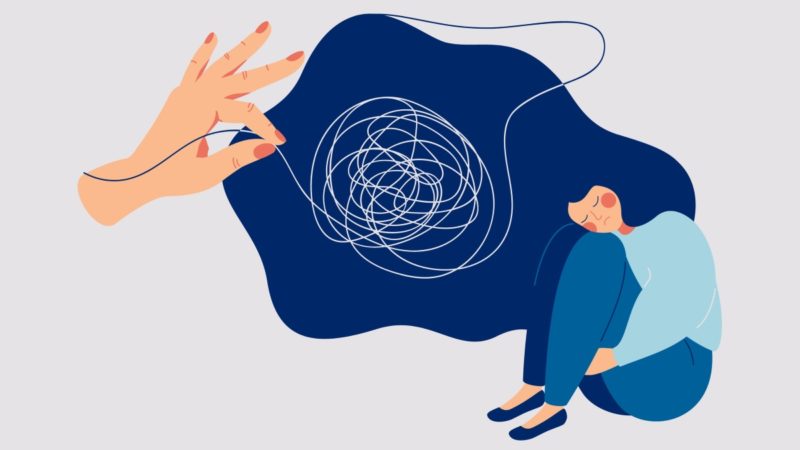
A 3-Step Approach to Managing COVID Anxiety
The outbreak of COVID-19 has resulted in unprecedented changes to our way of life, with the impacts continuing to change every day. Freedoms we took for granted, such as being able to buy what we want from the supermarket and going to a yoga class, have all shifted in a matter of weeks. Individuals and families are self-isolating to shield themselves from risk of infection, workplaces are encouraging people to work from home, and vulnerable groups are dealing with very real fears about their physical health.
Understandably, in these uncertain times and in the ever-changing landscape, the world’s anxieties are running high. Regardless of nationality, background, social status or location, we are united in fears of what the future will bring for us.
Therefore, we at Acacia Connection EAP are sending out our psychologist’s top tips to help you manage the inevitable anxiety over the next few months.
Anxiety is a sense of fear, worry, unease or dread that something terrible is going to happen in the context of a perceived threat. Everyone feels a certain level of anxiety in their lives, it is vital for our survival, keeps us safe, and can make us alert in times of stress. However, too much anxiety can begin to overwhelm and even paralyse you.
Anxiety usually takes place when we feel out of control or feel uncertain about the future, with a defining feature being worrying about the future or worst case scenarios. Neuroscience show that uncertainty can be a more stressful experience than actually knowing something bad will happen.
Therefore, it is understandable that everyone is going to feel a certain level of panic in the current climate which is defined by uncertainty. Anxiety during this outbreak is inevitable and normal – it would be strange if we weren’t feeling a little anxious. However, if we don’t know how to manage this anxiety effectively it can be debilitating and paralysing.
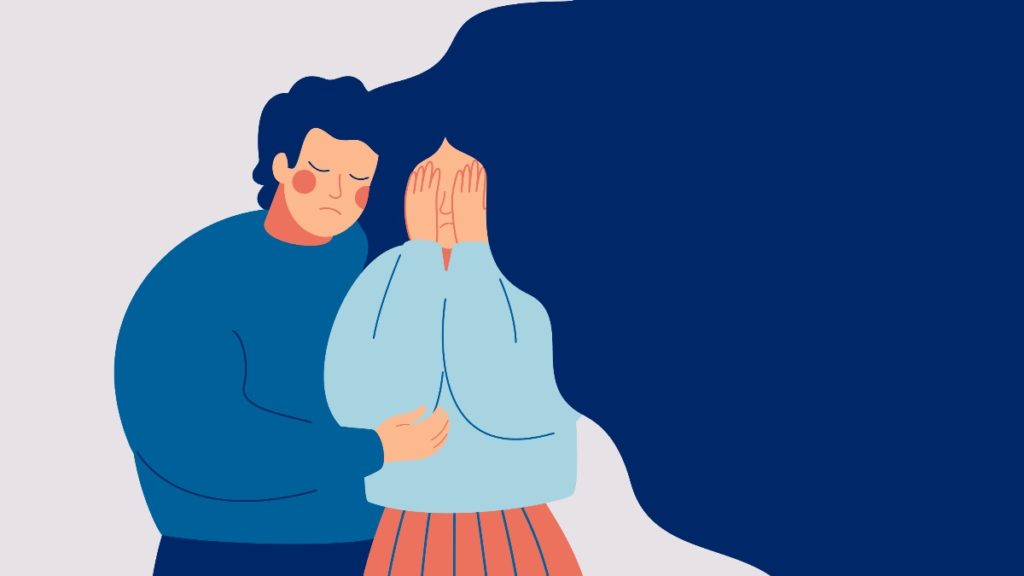
Anxiety has both physiological and psychological symptoms that arise in response to a perceived threat or stressor. When you feel anxious, the body releases chemicals into the body such as adrenaline and cortisol to put you on ‘high-alert’, triggering what is known as the ‘fight or flight response’.
Common anxiety reactions during COVID-19:
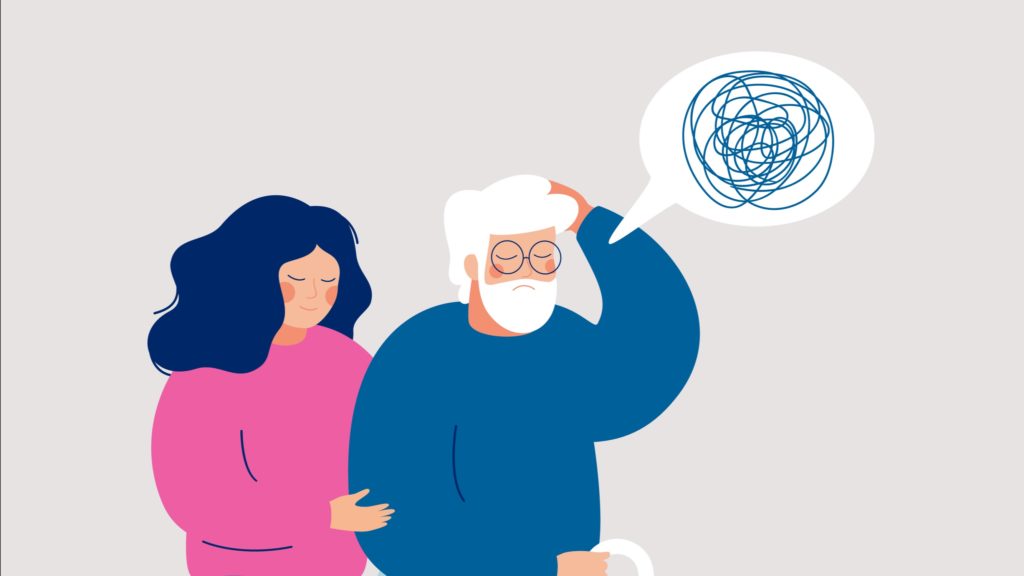
To help you manage inevitable anxiety during these uncertain times, we have created an easy 3 step approach to follow – Awareness, Management, Seeking Help.
The key to managing any emotion, whether it is fear/anxiety, anger or sadness is to first gain awareness of the experience of anxiety. Without being fully aware of when you feel anxious, you will not be able to manage it.
Follow this 5-step approach adapted from Acceptance and Commitment Therapy techniques to help you identify anxiety and respond effectively. When you next experience feelings of anxiety (e.g. worrying, restlessness, racing heart):
1. Observe – Notice what physiological responses you are feeling in your body, observing precisely where those sensations are located (e.g. tingling legs, shaking hands)
2. Pause – Take a moment to pause by taking a few deep breaths, focusing on physical sensations around you, or going for a walk.
3. Allow – Do not try to get rid of this feeling, simply allow your emotional experience to be there. Allow the sensation to be there even if you don’t like it or want it. Even if it’s not helpful in this situation, remind yourself it is there to protect you and keep you safe.
4. Note – either mentally or in writing, note:
5. Choose how to respond – Now you have a better understanding of your internal experience and what way your emotion is urging you to act in, you can now choose how you would like to respond and whether you might use some of the management strategies below.
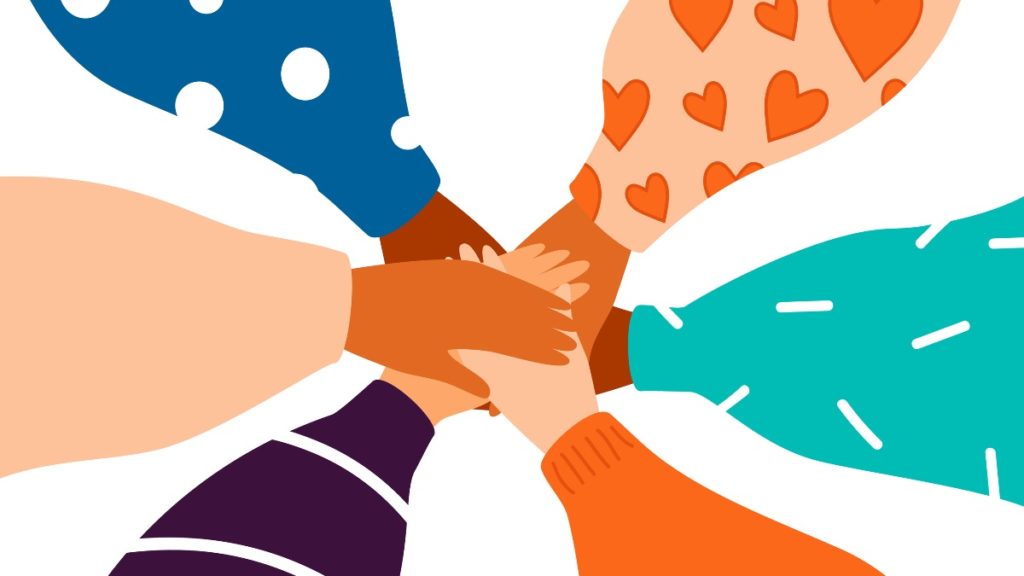
With extra knowledge gained from increased awareness, you can now try useful strategies that can help you manage anxiety in a productive and helpful way. See below for our top tips drawn from psychological research and anxiety treatment.
Top 10 Tips to Manage Anxiety:
1. Use Mindfulness/Meditation: Now more than ever, using mindfulness and meditation exercises is crucial to help you manage through this difficult time. Mindfulness and meditation are both repeatedly found in psychological research to reduce levels of anxiety by helping you take a step back from worrying, connect to the here and now, and focus on what you can control.
2. Breathe: Our breath is one of the most effective tools to help us manage anxiety and is an easy way to signal to our minds whether we are safe or not. If we use quick and shallow breathing, our body thinks gets ready for danger and action. When we use deep, slow breathing, our parasympathetic nervous system and we relax.
3. Limit your Exposure to the News and Social Media: Although it is important to stay in the know, exposing yourself to images of empty supermarket shelves and statistics about death may do nothing but increase your anxiety.
Try: Limiting how often you read the news or social media or asking someone close to you to give you the key updates
4. Stay Connected to Loved Ones: During times of self-isolating and social distancing, it is vital to stay connected to others. Human beings are social beings and not designed to be isolated. Therefore, feeling too isolated will exacerbate anxiety symptoms.
5. Get Outside: Although we need to respect social distancing guidance, at the moment we are still able to go outside for walks in our households. Getting outside into nature can help manage stress and get you moving.
6. Exercise and Eat Well: In times of crisis, it is important to remember to go back to basics to look after our wellbeing. Exercise and healthy eating remain some of the most effective ways to manage our mental health so make sure you keep doing them.
7. Keep a Regular Routine: One challenging aspect of adjusting to the current climate is the drastic change to our weekly routine. Despite this, in times of chaos it is proven to be helpful to establish a regular routine to help your mind feel settled and the day feel more predictable.
8. Focus on What You Can Control: In this time of upheaval, we are all going to feel out of control and that life has become predictable and scary..
9. Manage Worst-Case Scenario Thinking – Science shows that our brains struggle to adjust to uncertainty and often will jump straight to the worst-case scenario. This is incredibly adaptive and is the main reason human beings have survived for so long. However, although it helps us survive, it can lead to us feeling anxious.
10. Remind Yourself – This is Temporary – Although we may be managing the impact of COVID-19 for some time, it is not forever. In times of suffering or stress, it is helpful to remind ourselves that this will pass to give us a sense of hope and reduce anxiety.
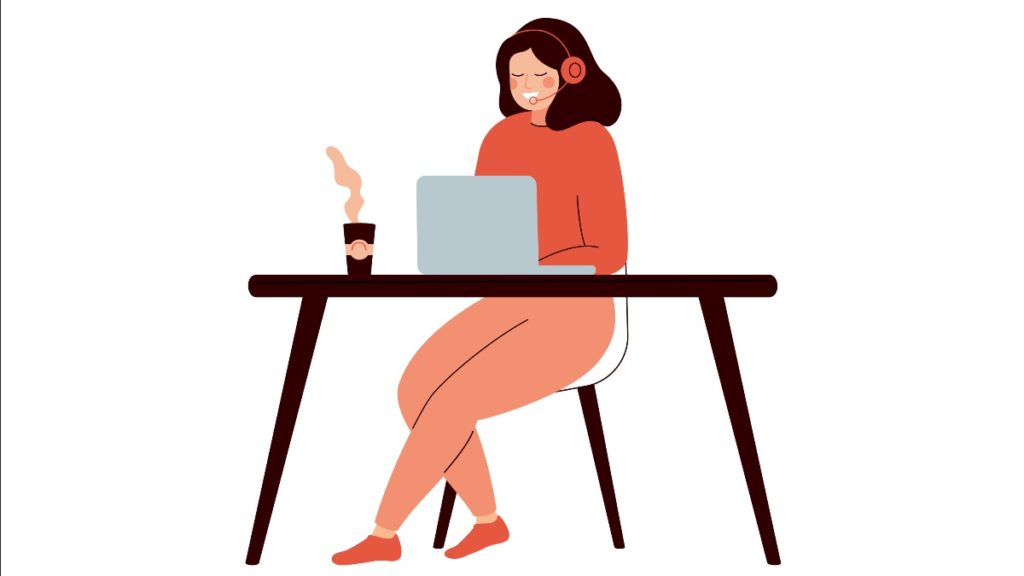
Finally, now more than ever, it is vital to seek help and support.
Call 1300 364 273 or visit our website here
Although we cannot control the extent of COVID-19 and the fact that we will feel anxious, we can control how we respond to it and look after ourselves to make this as manageable as possible. Try following this 3-step approach to managing anxiety to help you thrive in these extraordinary times.
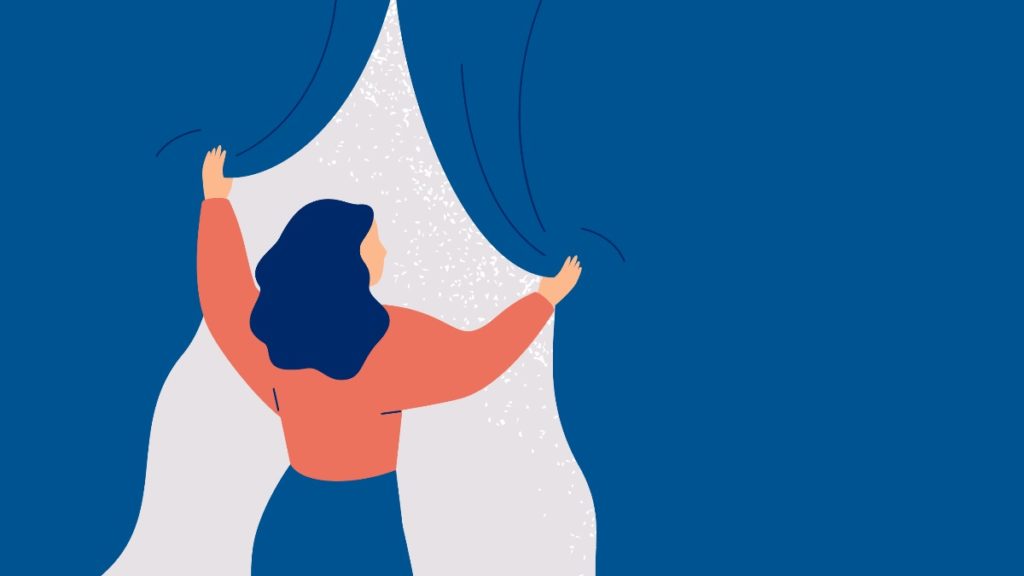
P: 1300 364 273 | Text or Live Chat: 0401 337 711 | W: acaciaconnection.com